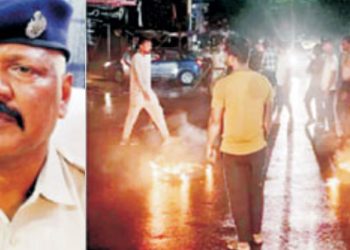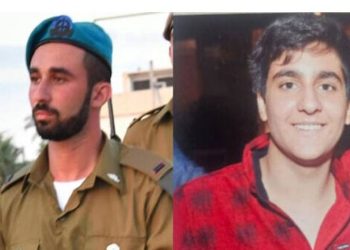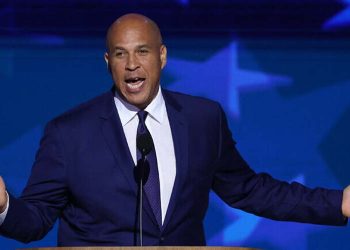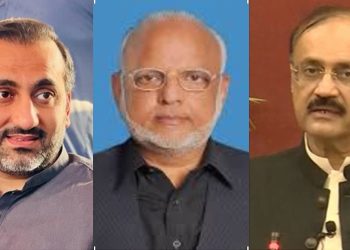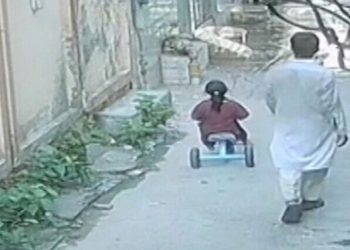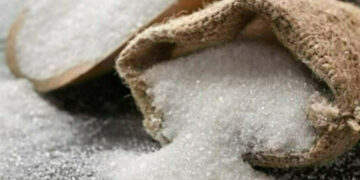In his first public speech since the war began, Hezbollah leader Hassan Nasrallah said his group had “entered the battle” with the past weeks’ unprecedented cross-border fighting. “We will not be limited to this,” he said, suggesting escalation was possible. Still, Nasrallah stopped short of announcing that Hezbollah is fully engaging in the war.
A formidable military force backed by Iran, Hezbollah has been engaging Israeli forces along the Lebanon-Israel border in the deadliest escalation since it fought a war with Israel in 2006.
Also read: Crowded hospitals struggle to treat wounded children as Israel encircles Gaza City
Hezbollah, an ally of Hamas, attacked Israeli military positions in northern Israel with drones, mortar fire and suicide drones on Thursday. The Israeli military said it retaliated with warplanes and helicopter gunships, and spokesman Rear Adm. Daniel Hagari said civilians were wounded in the Hezbollah attacks.
Hezbollah have been escalating day by day, forcing Israel to keep its forces near the Lebanese border instead of the Gaza Strip and the occupied West Bank, Nasrallah said in a televised address.
“What’s happening on the border might seem modest but is very important.”
Nasrallah blamed the United States for for the war in Gaza and the high civilian death toll and that a de-escalation in the besieged enclave was vital to prevent regional war.
The Hezbollah chief thanked groups in Yemen and Iraq, part of what is known as the “Axis of Resistance”. It includes Shi’ite Muslim Iraqi militias, which have been firing at U.S. forces in Syria and Iraq, and Yemen’s Houthis, who have joined in the conflict by firing drones at Israel.
Will Hezbollah join the war?
Iran’s backing has given Hezbollah modern weaponry and Nasrallah has proven to be a competent military leader – but the question is will Hezbollah chief Nasrallah declare all-out war on Israel? And what will happen if he does?
Hezbollah is considered by many to be the single most powerful force in Lebanon with as many as 100,000 fighters at its disposal.
In a month-long war in 2006, Israel Defence Forces were surprised by the quality of Hezbollah’s personnel and weapons as they used so-called “swarming” tactics to eliminate Israeli positions.
With financial support from Iran, Hezbollah has transitioned from a guerrilla outfit into something resembling a conventional army, with drones and rockets that can hit all parts of Israel, it claims.
However, the relative strength of Hezbollah’s military brigades does not mean that Nasrallah is ready to plunge into an all-out war with Israel.
What Hezbollah is currently doing is fighting a localised conflict on the country’s southern border with their fighters – and members of the Israel Defence Forces – trading fire at targets which, for the most part, straddle the frontier.
The fighting is sporadic yet constant, and it has also been deadly for Hezbollah.
At last count, 48 of its combatants have been killed as sophisticated Israeli drones target fighters manoeuvring in olive groves and brush.

Hezbollah released a handwritten letter from Nasrallah last week, saying the fallen fighters should be called “martyrs on the road to Jerusalem”.
What seems clear is that Hezbollah’s attacks have been calculated to avoid a big escalation, while keeping Israeli forces occupied in the north. Their leader’s speech should provide us with a strong indication of whether they are inclined to keep it that way.







![[Hussein Malla/AP Photo]](https://mmnews.tv/wp-content/uploads/2023/11/Hassan-Nasrallah.jpg)

